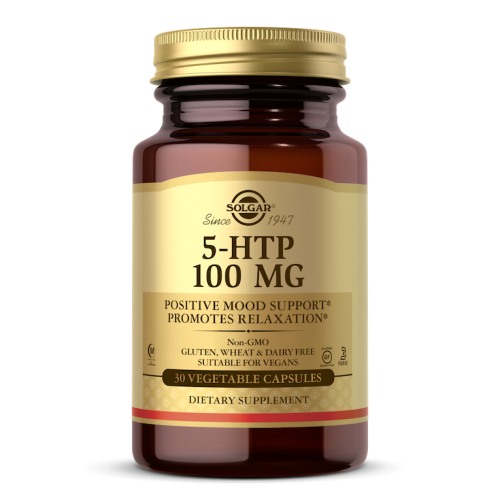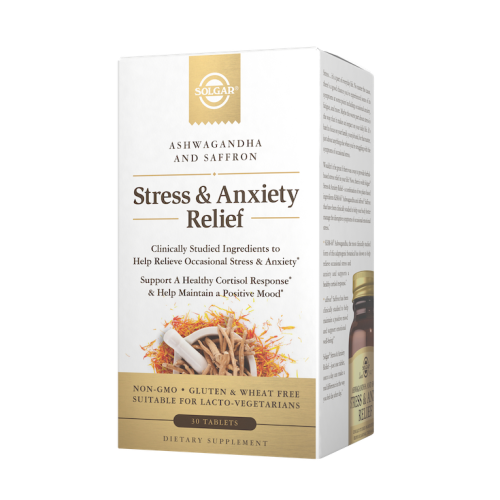If you’ve made it through 2020 without feeling stressed, congrats—you’re a magician. For the rest of us, this tumultuous year has been trying enough to leave even the most positive of people looking for some support.
Since deep breaths and telling yourself to calm down only go so far, we asked Bindiya Gandhi, MD, who’s double board-certified in family medicine and integrative medicine, to share her most impactful advice on how to actually manage stress.
“We are constantly exposed to stress, but our stress load is intensified because of the pandemic,” Dr. Gandhi says. “I encourage everyone to learn some techniques they can use later in life. My hope is after this pandemic is over, we will have become a stronger, more resilient society with better stress-management skills.” How’s that for a positive outlook?
Dr. Gandhi says that some amounts of stress will always be normal (because life won’t suddenly be worry-free once the calendar turns to 2021), but learning how to manage it is the key. From adjusting your diet and lifestyle to recommendations on the high-quality Solgar supplements to take, keep reading for the stress-less techniques you can implement ASAP.
Keep reading for 5 MD-approved tips on how to stress less.
1. Approach sugar, alcohol, and caffeine with moderation
Stress might make you want to down a whole box of cookies and a bottle of red, but turning to sugar, alcohol, or caffeine could actually make things worse, according to Dr. Gandhi.
When you’re stressed, you usually experience a spike in the hormone cortisol, which can cause sugar cravings and sleep issues, she says. The trouble is, caffeine also increases cortisol, so it’s like throwing fuel on the fire: You’re stressed, so you don’t sleep, so you drink coffee, which can increase your stress (and your sugar cravings), and the cycle repeats.
You might think a glass of wine would help break the cycle (alcohol makes people sleepy, right?), but Dr. Gandhi says think again. “Alcohol disrupts your circadian rhythm and inhibits you from getting good, deep REM sleep, which is why it’s best to avoid when you’re already feeling overwhelmed,” she says. Instead, opt for some herbal tea and a savory snack during your wind-down time, and your sleep schedule (and your hormones) will thank you.
2. Get active
Yes, endorphins make people happy, but aside from the physical stress-relieving side effects of working out, adding more movement into your day gives you an opportunity to focus your energy on something positive, rather than dwelling on any negatives (looking at you, 2020).
“Whether it’s a brisk walk in the park, a few yoga asanas, some lunges, or even training for a run, [routine] moderate exercises will decrease your cortisol production, help you sleep better at night, and elevate your mood,” Dr. Gandhi says. Can you feel those endorphins already?
3. Try supplements
Dr. Gandhi is a big fan of using supplements to help with occasional stress, and often recommends them to her patients looking for support in facing less-than-stellar emotions.
If you want to stock your medicine cabinet with mood-supporting supplements, start with Solgar Stress & Anxiety Relief Tablets, which contain ashwagandha (an adaptogen that a 2012 study showed to support a healthy cortisol response) and saffron (which studies have shown can help maintain a positive mood).*
Some other heavy hitters in the stress-management game? Magnesium (which a 2017 review of 18 different studies showed can help with occasional anxiety), B vitamins, and 5-HTP.* Dr. Gandhi explains that 5-HTP is an amino acid that’s a precursor to serotonin (the feel-good hormone), so it promotes a calm, relaxed mood.* The more you know.
Shop Stress-Support Supplements

Solgar Magnesium Citrate Tablets $14

Solgar 5-HTP Capsules $13

Solgar B-Complex "100" Capsules $18

Solgar Stress & Anxiety Relief Tablets $30
4. Embrace silence
Another of Dr. Gandhi’s go-to’s for decreasing cortisol? Meditation. And regardless of what that looks like for you, anything from a quiet walk around the block (spending time outdoors is another big one on Dr. Gandhi’s list of chill-out techniques) to a full-on guided mediation session can help promote those feelings of calm you’re after.
“Taking time to implement silence for a few minutes a day goes a long way,” Dr. Gandhi says. “It changes the projection of your day and significantly decreases your cortisol production over the long term.”
5. Do more of what brings you joy
Now, you probably can’t quit your job and move to a tropical island in the name of eliminating stress, but you can be intentional about scheduling time in your day to do things that make you happy.
Whether it’s reading, singing, or just playing with your dog, take a moment to take inventory of what makes you feel most joyful—then find a way to do more of that thing every day, even if it’s just for five minutes. Here’s to heading into 2021 with less stress, and more joy.
Photo: Getty/Westend61
*These statements have not been evaluated by the Food and Drug Administration. These products are not intended to diagnose, treat, cure, or prevent any disease.
Sign Up for Our Daily Newsletter
Get all the latest in wellness, trends, food, fitness, beauty, and more delivered right to your inbox.
Got it, you've been added to our email list.





